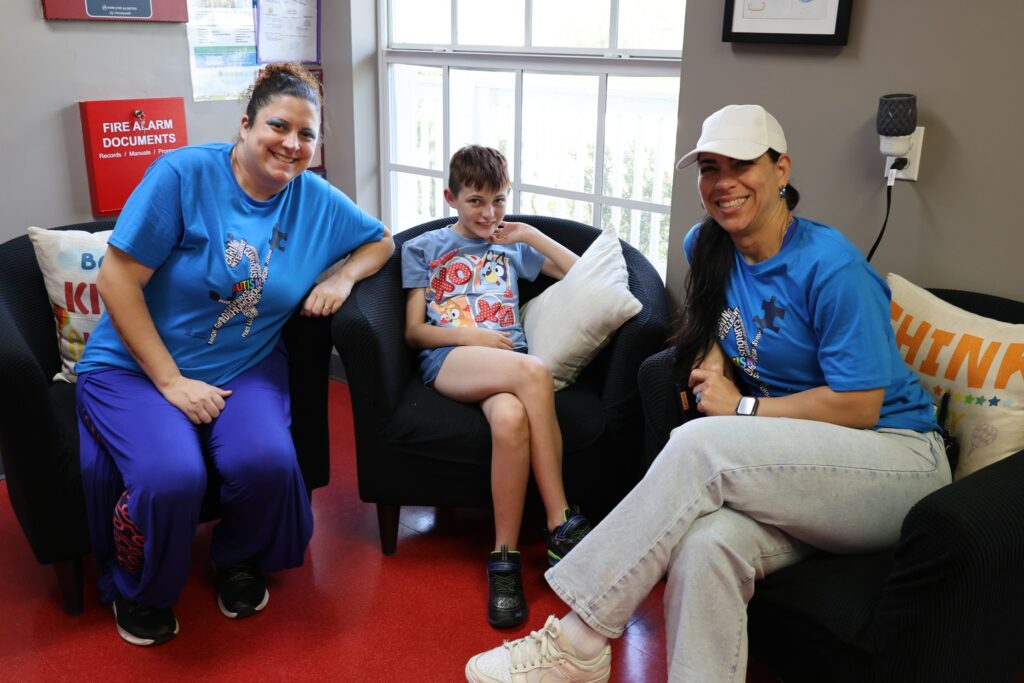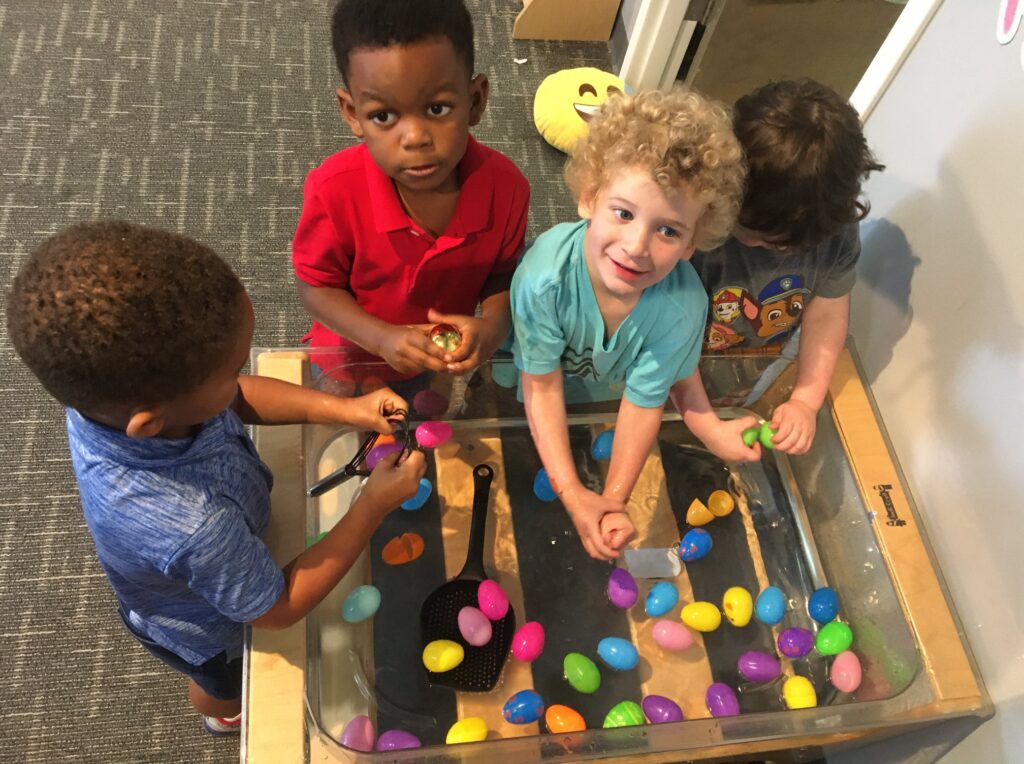Unlocking Potential: The Benefits of Personalized Learning for Exceptional and Neurodivergent Students
In today’s diverse educational landscape, personalized learning has emerged as a pivotal approach to supporting the unique needs of exceptional and neurodivergent students. By embracing tailored educational approaches, educators and parents alike can unlock each child’s full potential, fostering not only individual growth but also a profound sense of empowerment and self-worth. Personalized learning strategies are beneficial and essential in providing neurodivergent education that respects and nurtures each student’s distinct abilities and challenges. As we delve into the numerous advantages of personalized learning, we invite you to explore how these educational strategies can make a transformative difference in your children’s lives, offering them the support and encouragement they need to thrive.
The Power of Personalized Learning
Understanding Personalized Learning
Personalized learning is an educational approach tailored to each student’s individual needs, strengths, and interests. This approach shifts away from the traditional one-size-fits-all model, allowing for a more flexible and customized experience. By addressing the specific learning styles and paces of exceptional and neurodivergent students, personalized learning fosters a supportive environment where each child can thrive. The method involves adapting curriculum and instruction to ensure that students understand the material and engage with it meaningfully. This empowers students to take ownership of their learning journey, promoting confidence and competence. The benefits of personalized learning extend beyond academic achievement, nurturing critical thinking, problem-solving skills, and emotional well-being. By embracing this approach, educators and parents can offer robust support for neurodivergent children, ensuring each student reaches their full potential.
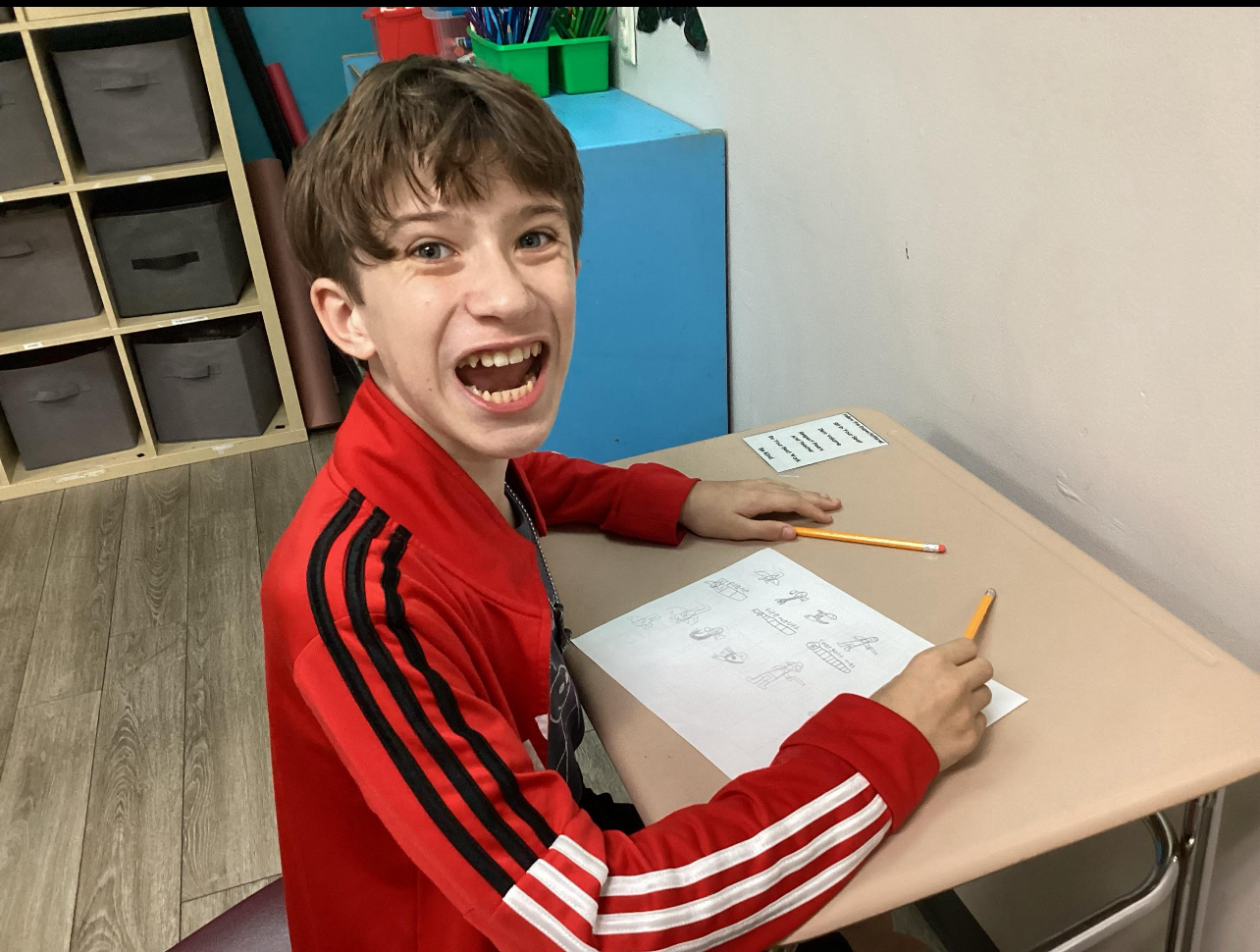
Key Benefits for Exceptional Students
Personalized learning offers significant advantages for exceptional students by addressing their unique educational needs. This approach facilitates individual growth, allowing students to progress at their own pace while focusing on their strengths and areas of interest. Doing so enhances motivation and engagement, reducing frustration and anxiety often associated with traditional learning models. Furthermore, personalized learning encourages the development of self-advocacy skills as students learn to identify their learning preferences and communicate their needs effectively. This empowerment fosters confidence and independence, equipping students with essential life skills.
Personalized educational strategies can also adapt to changing needs, providing consistent support throughout a student’s academic journey. As a result, students are better prepared for future challenges and opportunities. In this supportive environment, exceptional students can excel, reaching their full potential and achieving academic and personal success.
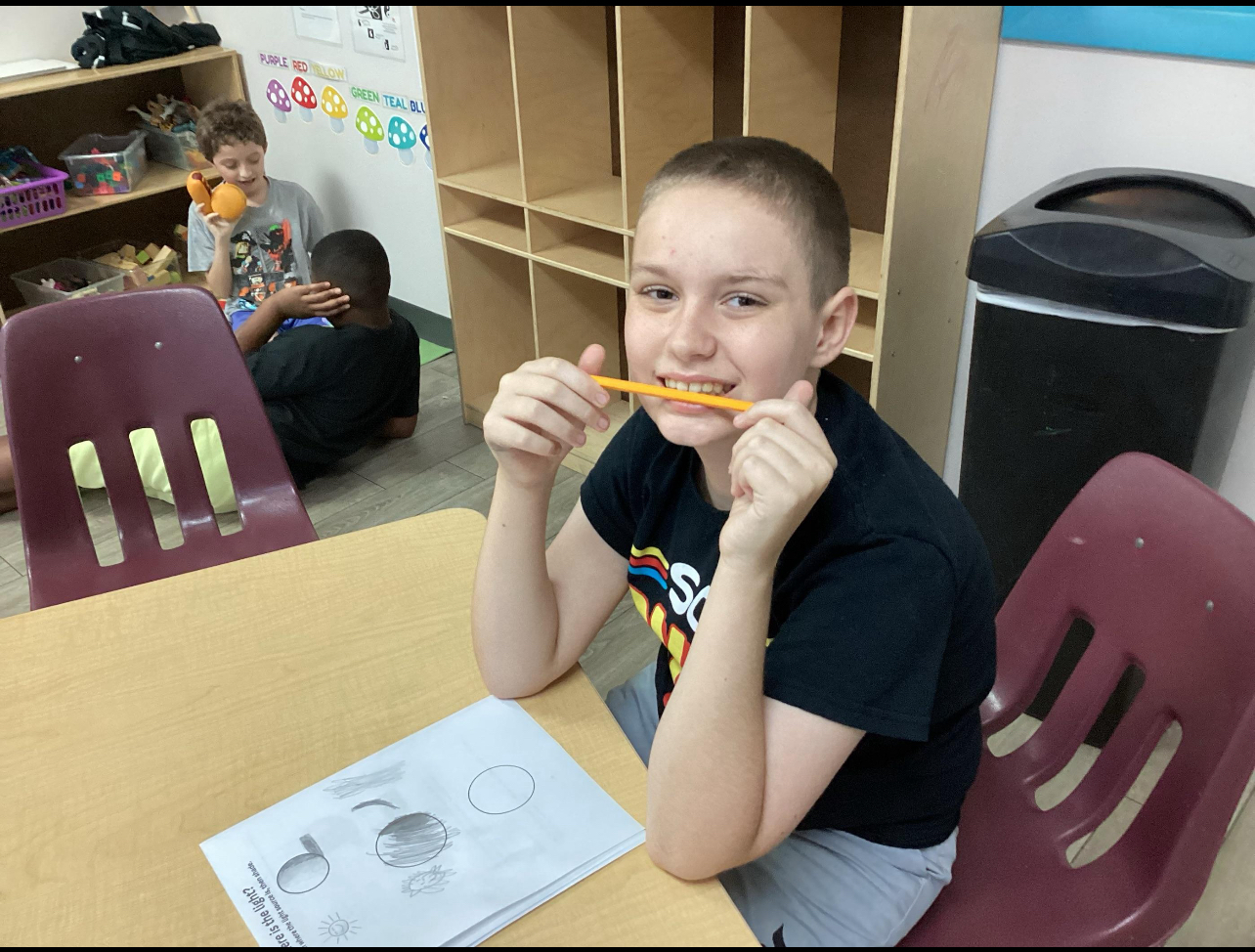
Tailored Educational Approaches
Strategies for Neurodivergent Education
Incorporating effective strategies for neurodivergent education fosters a learning environment that respects and nurtures each student’s unique abilities. One essential strategy is to implement sensory-friendly classrooms, which minimize distractions and create a calming atmosphere conducive to learning. Another approach is to use assistive technologies that cater to individual learning preferences, such as speech-to-text software or interactive digital tools. Differentiated instruction is also vital, allowing educators to present information in various formats and adjust teaching methods to suit each student’s needs. Additionally, incorporating social-emotional learning (SEL) practices helps develop emotional intelligence and interpersonal skills, which are vital for neurodivergent students. Regular communication and collaboration with parents and specialists ensure educational strategies align with the student’s development goals. By embracing these tailored educational approaches, educators can provide robust support for neurodivergent children, empowering them to achieve their full potential in both academic and personal spheres.
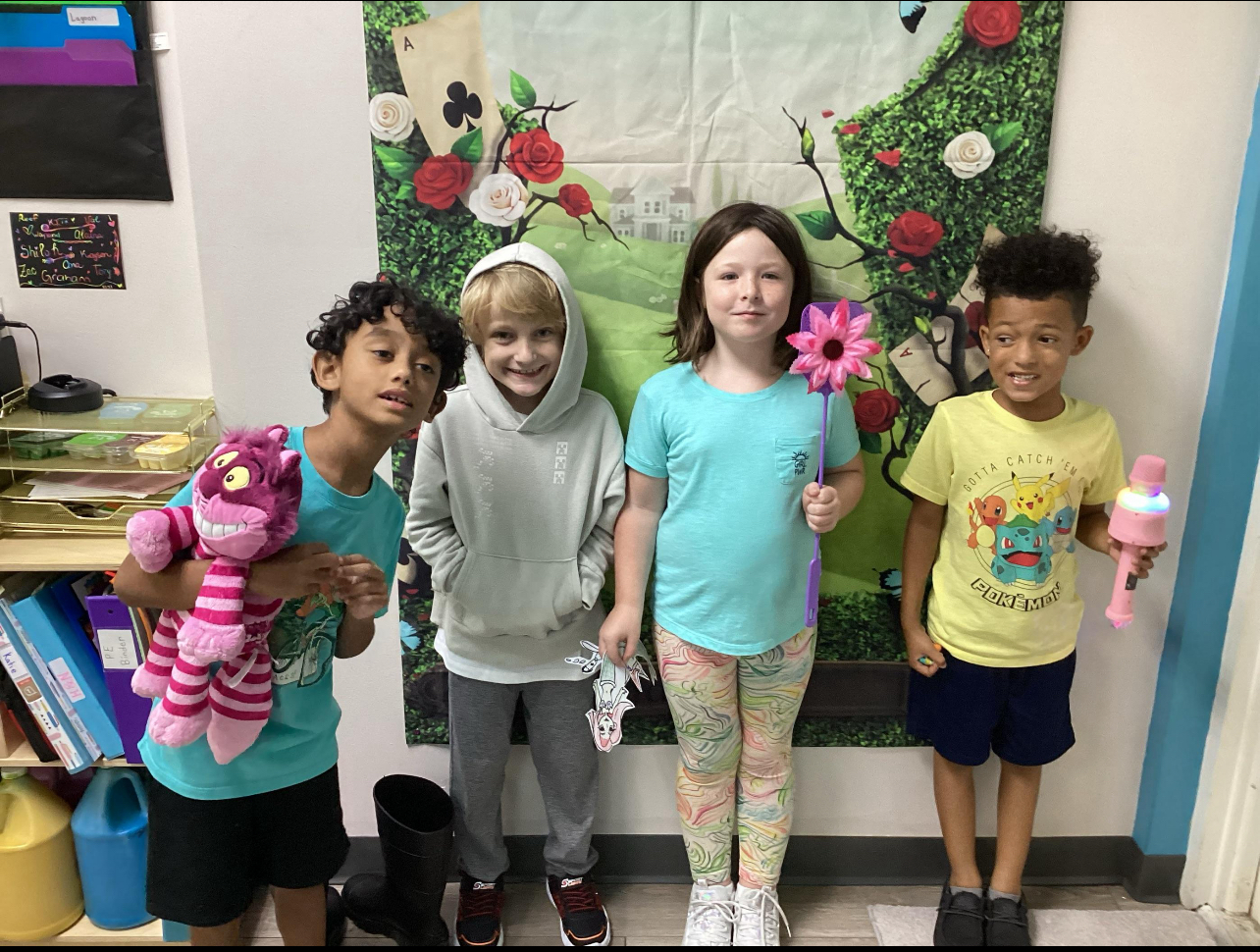
Supporting Individual Growth
Supporting individual growth in exceptional and neurodivergent students requires a commitment to personalized learning and tailored educational approaches. One effective method is to set specific, achievable goals aligned with each student’s interests and abilities. This helps maintain motivation and ensures steady progress. Regular assessments and feedback loops are crucial in adjusting learning plans to meet evolving needs, ensuring each student remains challenged yet supported. Encouraging self-directed learning empowers students to take charge of their education, fostering independence and resilience.
Additionally, providing opportunities for experiential learning, such as project-based activities, allows students to apply their knowledge in real-world contexts, enhancing their understanding and retention. Educators can facilitate individual growth by creating a nurturing and flexible learning environment and helping students build confidence in their abilities. This approach enhances academic success and promotes personal development and well-being.
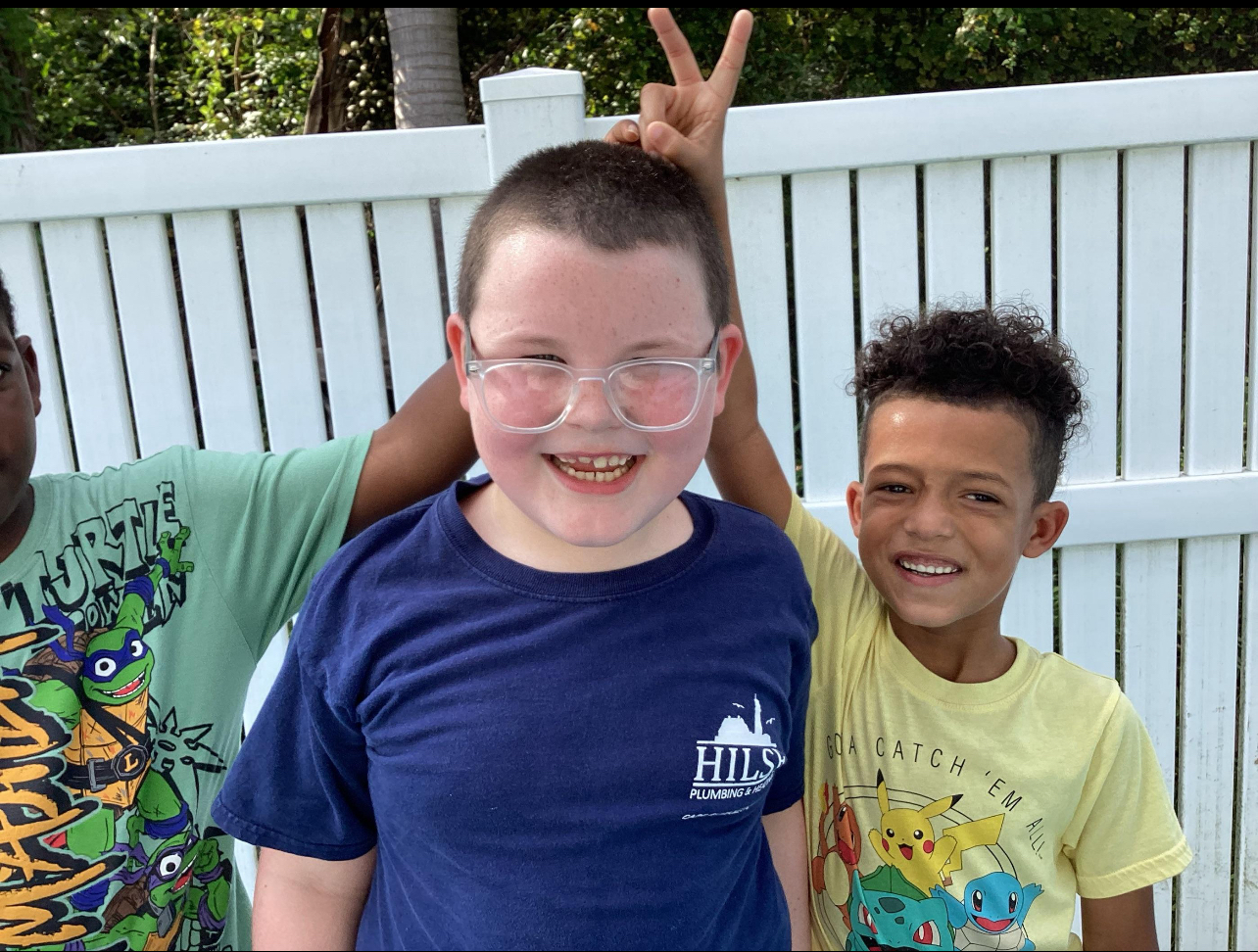
Encouraging Enrollment in Personalized Programs
Engaging with Educational Strategies
Engaging with personalized educational strategies is crucial for parents and educators seeking optimal learning experiences for exceptional and neurodivergent students. Understanding the available options allows families to decide the best fit for their child’s needs. Participating in workshops and seminars on personalized learning can offer valuable insights into innovative teaching methods and technologies. Furthermore, connecting with other parents and professionals through support networks can provide practical advice and emotional support throughout the educational journey. Schools and programs that emphasize transparency and collaboration are also essential, as they ensure that educational strategies are tailored and responsive to the evolving needs of each student. By actively engaging with these strategies, families can advocate effectively for their children, ensuring they have access to the resources and opportunities necessary to succeed. This proactive approach lays the foundation for a fulfilling educational experience that nurtures individual growth and development.
Building Support for Neurodivergent Children
Building a supportive environment for neurodivergent children is essential for their success in personalized programs. This involves creating a network of resources and relationships that can adapt to the child’s evolving needs. Collaboration between educators, therapists, and families plays a crucial role in designing and implementing effective educational strategies. Regular communication ensures all parties are aligned on goals and methods, enabling a consistent and cohesive approach.
Additionally, fostering an inclusive community within educational settings helps neurodivergent students feel accepted and valued, promoting their social and emotional well-being. Access to specialized resources, such as counseling and support groups, can also assist students and their families. Encouraging open dialogue about neurodivergence and celebrating diversity within the educational community can help dismantle stigma and build a culture of understanding and respect. By prioritizing these elements, families can ensure that neurodivergent children receive the support they need to thrive.
For additional resources, please check out:
How Schools Can Support Neurodiverse Students – Child Mind Institute
What are learning disorders and disabilities? | Nicklaus Children’s Hospital


